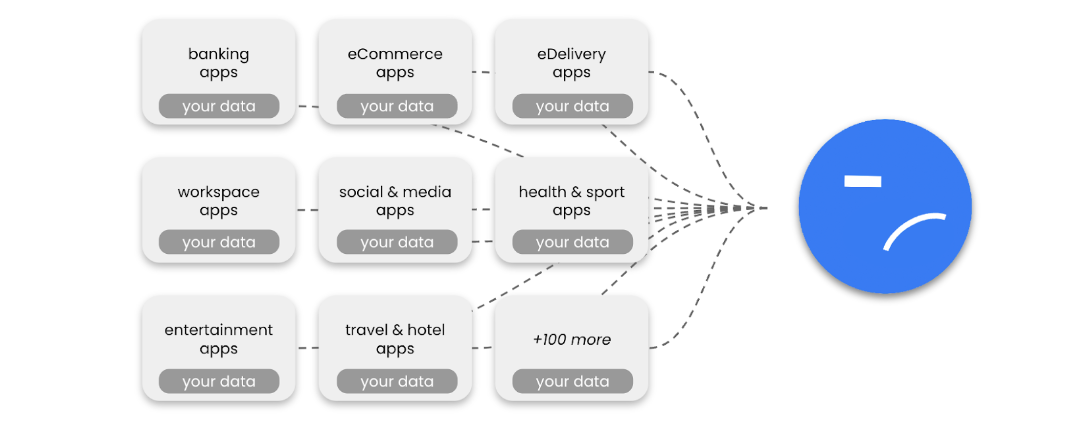Bodrum Escapes: Your Guide to Luxury and Leisure
Explore the best of Bodrum with exclusive insights and tips for an unforgettable experience.
Decentralized Player Protection: The Future of Fair Play
Discover how decentralized player protection is revolutionizing fair play and reshaping the gaming landscape for everyone. Join the movement!
Understanding Decentralized Player Protection: How Blockchain Ensures Fair Play
The rise of blockchain technology has revolutionized various industries, including online gaming. One significant aspect of this transformation is the concept of Decentralized Player Protection, which ensures that players can participate in games without the fear of manipulation or fraud. By leveraging smart contracts, blockchain creates an immutable record of all game transactions, ensuring complete transparency. Players can verify the outcome of games independently, thus fostering a more trusting gaming environment. This not only enhances the overall player experience but also aligns with the growing demand for fairness and accountability in online entertainment.
Furthermore, blockchain technology implements decentralized mechanisms that protect players' interests. Unlike traditional gaming platforms that are often susceptible to data breaches and unfair practices, blockchain-based systems provide players with control over their data and assets. With player funds being stored securely on the blockchain, the risk of unauthorized access is significantly reduced. Additionally, players can easily track game results and payouts, reinforcing the idea of fairness. As the demand for ethical gaming practices rises, understanding how blockchain ensures fair play becomes essential for both developers and players alike.

Counter-Strike is a popular tactical first-person shooter game that pits two teams against each other: the Terrorists and the Counter-Terrorists. Players can choose various weapons and tactics to complete objectives, such as planting or defusing bombs. If you're looking to enhance your gaming experience, consider checking out the stake promo code for potential rewards.
The Role of Smart Contracts in Enhancing Player Trust
Smart contracts have emerged as a pivotal innovation in the realm of online gaming, significantly enhancing player trust by ensuring transparency and fairness in all transactions. These self-executing contracts utilize blockchain technology to automate and verify agreements between parties without the need for intermediaries. As a result, players can engage in gaming activities with increased confidence, knowing that the rules and outcomes are enforced impartially. This decentralized approach eliminates the potential for manipulation, as all actions are recorded on a public ledger, making them easily accessible and verifiable by anyone.
Moreover, the implementation of smart contracts allows for the creation of immutable game assets, providing players with true ownership of their in-game items. This not only fosters a sense of security among players but also encourages a vibrant secondary market where assets can be traded securely. By leveraging the unique features of smart contracts, gaming developers can redefine the relationship between players and their digital assets, ultimately cultivating a trustworthy environment. As the gaming industry continues to evolve, the adoption of smart contracts will be crucial in maintaining player loyalty and enhancing overall user experience.
Is Decentralized Player Protection the Future of the Gaming Industry?
The gaming industry has seen a significant transformation in recent years, with decentralized player protection emerging as a potential game-changer. By leveraging blockchain technology, developers are exploring ways to ensure fair gameplay, protect player data, and enhance overall user experience. This shift not only empowers players by giving them control over their assets but also fosters trust within the gaming community. As players demand more transparency and security, the integration of decentralized solutions is becoming increasingly vital, suggesting that decentralized player protection could indeed be the future of gaming.
Furthermore, decentralized player protection systems offer innovative solutions for combating issues such as cheating and fraudulent activities in online gaming. Smart contracts can be employed to automate the enforcement of game rules, reducing the potential for human error and manipulation. Additionally, these systems can provide players with verifiable proof of fairness, making it harder for bad actors to compromise the integrity of games. As the industry continues to evolve, embracing decentralized player protection may not just be an option, but a necessity to maintain a healthy and vibrant gaming ecosystem.